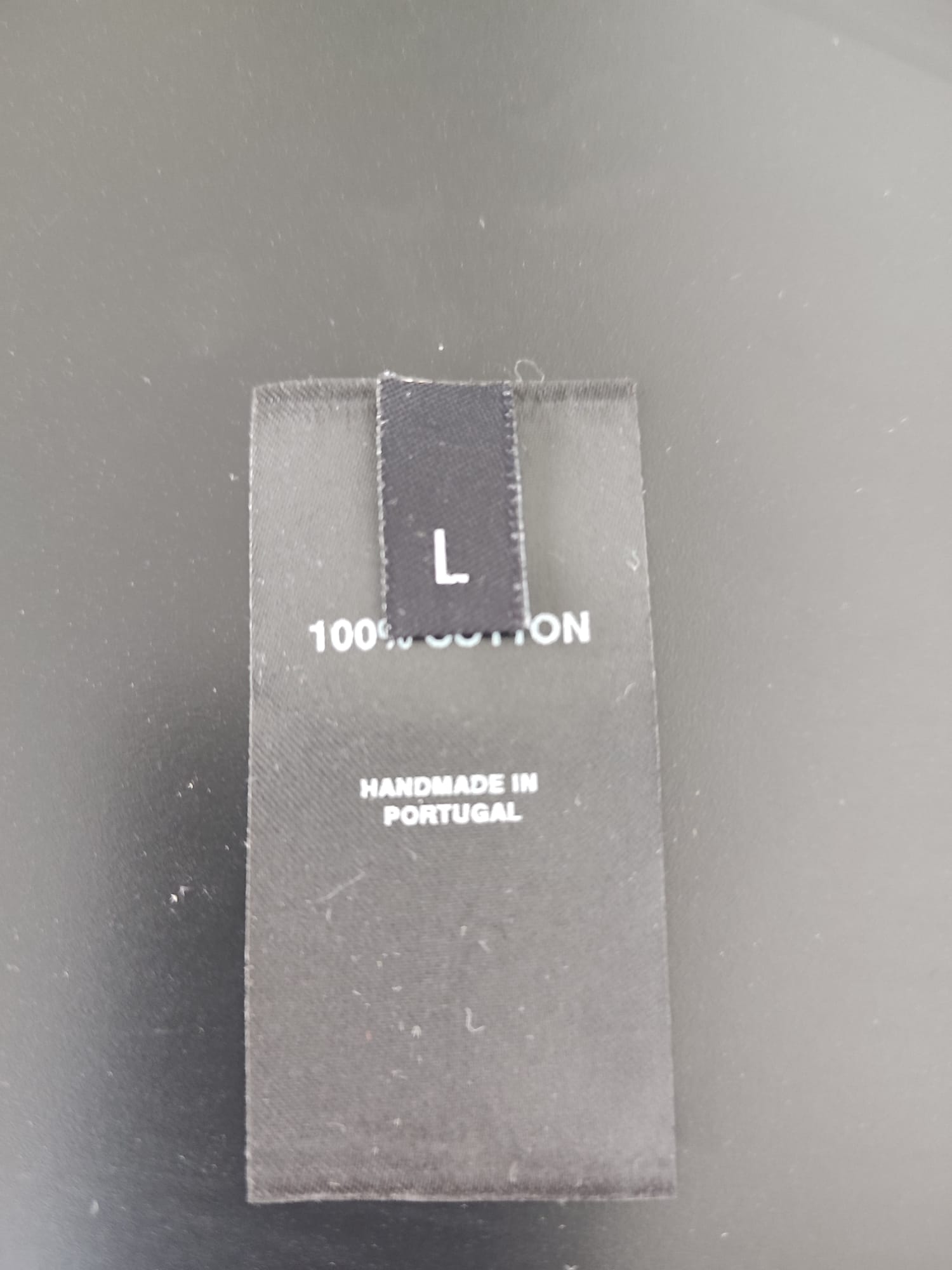
How to Choose the Right Clothing Supplier in Portugal?
How to Choose the Right Clothing Supplier in Portugal?


Clothing manufacturing Portugal – How Portugal is wining in ethical fashion.
Clothing manufacturers are an essential part of the global fashion industry.
However, as with many manufacturing processes, they often have ethical and social implications that can hurt the environment and local communities.
In this blog post, we’ll explore three ethical and social drowning impacts of clothing manufacturers and the steps that can be taken to reduce or mitigate these impacts. Read on to learn more! In Portugal we are taking a lot of steps to counter this!
It’s no secret that workers in the clothing manufacturing industry are paid abysmally low wages. This puts a tremendous strain on their livelihoods as they struggle to make ends meet and provide for their families. It also increases inequality within the workforce, as those who work harder and longer often receive less than their counterparts. In Portugal factories do the opposite of this and pay staff good wages! At ASBX we even give the incentive to our workers and partners to reward good work!
Clothing manufacturing workers are often exposed to hazardous working conditions. They can suffer from extreme temperatures, long working hours, and exposure to harmful chemicals and materials without proper safety regulations. Workers also lack access to fundamental rights such as paid sick leave or job security, leaving them vulnerable to exploitation by their employers. This has resulted in severe physical, mental, and emotional harm to the workers. In Portugal though is very different. Since most factories have amazing facilities and provide a good working environment to their teams.
The environmental impact of clothing manufacturing is significant, with factories emitting pollutants that harm the local environment and global climate. The most common pollutants are fabric dyeing, bleaching, and finishing, which release heavy metals and toxic chemicals into the air, soil, and water. Additionally, the industry generates significant greenhouse gas emissions due to the intensive energy consumption of garment production. These emissions harm air quality and the overall health of both local and global ecosystems. In Portugal, most suppliers have sustainability certifications which can correct this point.

How to Choose the Right Clothing Supplier in Portugal?

Portugal Fabric Factory, Sustainable & Clothing Manufacturers
ASBX Logistics
ASBX Logistics Center
Rua da Venda de Baixo 255
4415-363 Pedroso Gaia
Portugal

ASBX Factory
ASBX Barcelos
R. Industrial 1741, 4750-841 Vila Frescainha, Barcelos, Portugal
© 2025 ASBX STORE, Store Operated by ASBX LDA